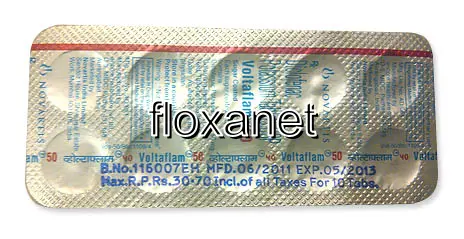| Package | Dosage | Price | Price per Dose | |
|---|---|---|---|---|
| Dosage: 50mg | ||||
| 360 pill | 50mg | £166.66 | £0.46 | |
| 180 pill | 50mg | £88.47 | £0.49 | |
| 120 pill | 50mg | £62.75 | £0.52 | |
| 90 pill | 50mg | £51.43 | £0.57 | |
| 60 pill | 50mg | £38.06 | £0.63 | |
| 30 pill | 50mg | £19.54 | £0.64 | |
| 10 pill | 50mg | £8.22 | £0.79 | |
| Dosage: 100mg | ||||
| 360 pill | 100mg | £197.52 | £0.55 | |
| 180 pill | 100mg | £103.90 | £0.58 | |
| 120 pill | 100mg | £76.12 | £0.64 | |
| 90 pill | 100mg | £62.75 | £0.70 | |
| 60 pill | 100mg | £47.31 | £0.78 | |
| 30 pill | 100mg | £28.80 | £0.97 | |

Diclofenac Description
Overview of Diclofenac
Diclofenac is a widely used nonsteroidal anti-inflammatory drug (NSAID) known for its effectiveness in relieving pain and reducing inflammation. It is commonly prescribed for conditions such as arthritis, acute gout, and musculoskeletal injuries. Its mechanism of action involves inhibiting the enzymes cyclooxygenase-1 (COX-1) and cyclooxygenase-2 (COX-2), which play essential roles in the synthesis of prostaglandins—chemical mediators responsible for pain, inflammation, and fever. As a result, Diclofenac provides targeted relief, making it a popular choice among both healthcare professionals and patients seeking fast and reliable pain management.
Effectiveness and Uses
Many users report significant pain reduction after taking Diclofenac, especially in cases of chronic joint disorders like osteoarthritis and rheumatoid arthritis. It helps improve mobility and decreases joint swelling, allowing individuals to perform daily activities with less discomfort. Besides arthritis, this medication is also effective in managing postoperative pain, dental pain, and injuries involving soft tissue inflammation. Its versatility and quick onset of action make it a preferred option for many individuals looking to control acute and chronic pain symptoms alike.
Administration and Dosage
Diclofenac is available in various formulations such as tablets, gels, patches, and injections. The choice of form depends on the condition being treated and the patient's specific needs. For oral use, typical dosages vary from 50 mg to 75 mg, taken two to three times daily. It is important to follow the prescribing instructions carefully and not to exceed the recommended dose, as higher doses can increase the risk of side effects. When used topically, Diclofenac gel or patches should be applied directly to the affected area, usually two or three times a day, providing targeted relief with minimal systemic absorption.
Potential Side Effects
While Diclofenac is effective, it is not without potential side effects. The most common include gastrointestinal issues such as indigestion, stomach pain, and nausea. Long-term use or high doses may increase the risk of gastrointestinal ulcers or bleeding. Some users might experience cardiovascular problems like hypertension or an increased risk of heart attack and stroke, especially if they have pre-existing conditions. Skin reactions such as rash or irritation can occur with topical formulations. It is vital to consult a healthcare provider before starting Diclofenac, especially if you have a history of heart disease, kidney problems, or gastrointestinal issues.
Precautions and Interactions
Patients should disclose all existing health conditions and medications to their doctor before beginning treatment with Diclofenac. It may interact with other drugs such as anticoagulants, other NSAIDs, or corticosteroids, increasing the likelihood of adverse effects. Pregnant and breastfeeding women are advised to use Diclofenac only under medical supervision, as it may pose risks to the unborn or nursing child. Additionally, prolonged use should be monitored closely to prevent potential organ damage, particularly to the kidneys and liver. Regular medical check-ups help ensure safe and effective use of this medication.
Summary
Diclofenac remains a reliable and effective option for managing pain and inflammation associated with various conditions. Its versatility in formulations allows for tailored treatment approaches, from oral tablets to topical gels. Despite its benefits, users need to be aware of potential side effects and precautions. Proper adherence to dosing guidelines and medical advice significantly reduces risks and enhances the therapeutic experience. Overall, Diclofenac continues to be a cornerstone treatment in pain management for many patients worldwide, thanks to its proven efficacy and broad application.
See Also




